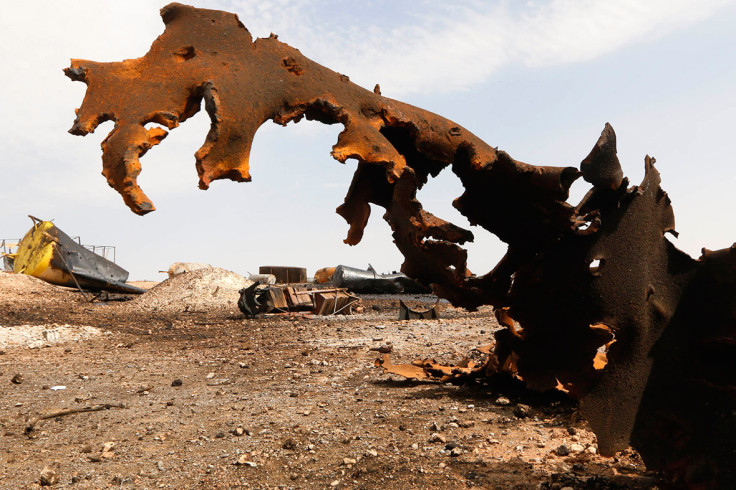UN Security Council resolution to target Isis oil financing

A draft resolution to be submitted by France to the United Nations Security Council will target terror group Islamic State's trade in illegal oil, French finance minister Michel Sapin told AFP. Countries failing to take action to cut off IS (Isis/Daesh) funding could face sanctions, according to the resolution.
Ahead of the first meeting of the finance ministers of each of the 15 members of the Security Council on 17 December, Sapin said the resolution would send a "very strong political message". He continued: "The fight against the financing of terrorism is one of the priorities of the United Nations' members and every state must take the necessary measures."
Sapin said that under the resolution countries failing to stop funding to extremist groups could face sanctions. It would build on an earlier resolution targeting funding to al Qaeda but would broaden it to cut off IS-funding sources, said Sapin.
He added that it will "in particular aim for the freezing of assets that in one way or another stem from oil smuggling".
"It will also demand that states exercise special vigilance with regard to the smuggling of works of art that could feed big movements like Daesh," the minister said.
According to the Rand Corporation, IS sells 40,000 barrels of oil a day, generating $1m (£660k) or more every 24 hours. US Defense Secretary Ashton Carter recently told Congress that the US-led alliance had begun stepping up attacks on IS oil facilities in late October.
Sapin said that he expected the resolution to be passed unanimously, and that the UN would provide legal support to countries taking action against IS-funding streams. He said that the resolution would facilitate better information-sharing among countries taking action against IS' financial revenues.
The Paris-based Financial Action Task Force intergovernmental body would be charged with ensuring that states take the same measures to tackle IS financing, with countries found to be taking insufficient action against terrorist financing sanctioned, Sapin said.
"No country can appear soft on the financing of terror, or they could be placed on a list," he said.
"From that moment, sanctions could be taken against the country."
© Copyright IBTimes 2025. All rights reserved.






















